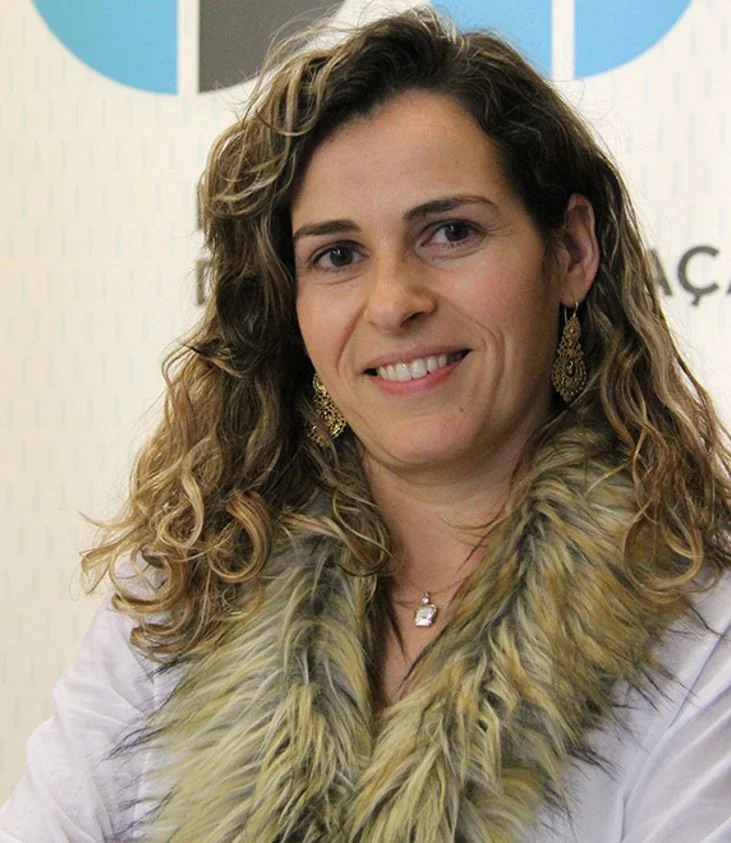Turning sweet on autoimmunity: impact of glycans in Systemic Lupus Erythematosus pathogenesis and treatment
General Audience Summary
The biological triggers that promote the development of systemic lupus erythematosus (SLE) are still being uncovered. Dr. Pinho will use this Lupus Innovation Award to study whether changes in a process called glycosylation – the addition of carbohydrates (sugar-chains) to proteins, an essential process to support proper cellular functions and immune control– in lupus kidneys promotes lupus disease development. Led by Dr. Pinho, an international multidisciplinary team of researchers will study cellular cultures, animal models with lupus, and tissue samples from lupus patients to answer the innovative question on whether abnormal cellular glycosylation contributes to SLE, which is something that has not been previously explored in lupus.
What this study means for people with lupus
This pioneering study will provide new knowledge about what processes could cause lupus and pave the way for the development of new targeted treatments.
Scientific Abstract
Systemic Lupus Erythematosus (SLE) is a prototype autoimmune disease that remains a major clinical challenge. The mechanisms underlying the global loss of self-tolerance are still elusive and SLE remains a chronic, disabling and life – threatening condition that is still incurable. These clinical concerns led us to set this proposal of which the main goal is to assess whether an alteration of the cellular glycosylation signature is a yet uncovered factor that tips the balance between homeostasis and loss of immune tolerance, and whether this could be a novel targeted-specific mechanism, stimulating the development of new SLE therapies. The immune system is tightly controlled by glycosylation, through the addition of carbohydrates (glycans) to proteins. We have been demonstrating that glycans have a master role in the regulation of the immune response associated with chronic inflammation and autoimmunity. Interestingly, our recent (2021) results in lupus nephritis from SLE patients showed that these patients exhibit an unusual overexpression of microbial-related mannose-enriched glycans structures at the surface of kidney epithelial cells. Together, these evidence raises the following unsolved key questions: Can changes in glycans profile of kidney epithelial cells originate neo-glycoepitopes sensed as danger signals that trigger the recognition and activation of innate and adaptive immune cells? Which are the immune players and mechanisms involved in the “cracking” of the abnormal sugar code associated with SLE immunopathogenesis? Does the glycosylation pathway constitute a new regulatory circuit that shapes the genesis and the course of the breach of immunotolerance in SLE? Can we target this mechanism through a glycan-based therapeutic strategy? These are fundamental unanswered questions with strong clinical applications in SLE. This project is innovative by addressing a unique question that was never evaluated in SLE. Our team will accomplish this goal through completion of three specific tasks that will combine international multidisciplinary expertise in Glycobiology/GlycoImmunology (PI) as well as in Rheumatology and Lupus clinical/translational research (Tom Huizinga, LUMC, NL; George Tsokos, Harvard Medical School, Boston, MA, USA and Carlos Vasconcelos from Porto Univ. Centre Hospital, PT), applied to unique in vitro, ex vivo, glycoengineered animal models and human clinical samples. This innovative study (from bedside to bench and back to bedside) will create new knowledge into the causes of the breach of tolerance in SLE paving the way for developing new treatments that will improve patients´ quality of life. This proposal aiming at understanding why and how glycans modifications act as a key factor underlying the breach of immune tolerance with clinical applicability for advancing lupus diagnosis, prognosis and treatment, meets the goals of Lupus Innovation Award.




